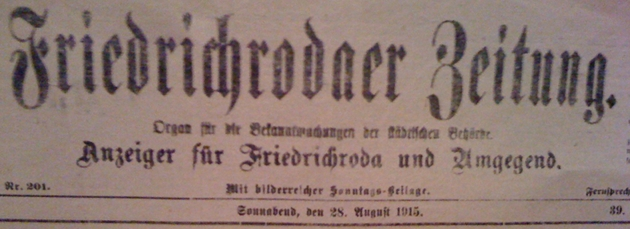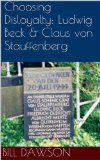Some autobiographies manage to go beyond the subject’s own life and capture the very essence of an entire epoch. I consider The World of Yesterday (Amazon US, UK, CA, DE [eng], DE [deu]) at the top of any list of such autobiographies. I have certainly never read another that made me feel so connected to the times in which the author lived.
Given the turmoil which the world saw during the span of Stefan Zweig’s life (1881-1942), we can say that he witnessed not just one but a handful of epochs. His generation “was loaded down with a burden of fate as was hardly any other in the course of history,” enduring as it did both World Wars. Zweig and his wife chose to no longer endure their fate as stateless, homeless refugees after he finished this book; they ended their lives together in Brazil in 1942 after sending off the manuscript to the publishers in New York.
Zweig was born into what he calls the “World of Security”, the late Habsburg era during which one could theoretically plan out one’s life in the finest of detail. Each knew his position in that society. Families had budgets, incomes were pre-determined, everything was insured, risks were frowned upon. School — a topic to which he devotes an entire chapter — consisted of curricula so finely tuned that instructors could get through a year without learning the names of their students; they merely needed to repeat what they had done the previous year, and the year before that … with such consistency that they could do it with their heads down, practically avoiding the faces of individual pupils.
Events would later prove just how fragile the security and confidence of that era were. The trauma of the First World War, followed by massive inflation and the unsteady inter-war years, and then the rise of Hitler and the outbreak of war in 1939 … Zweig experienced all of this, and, at the risk of sounding elitist, he did so not just as any ordinary person, but as an “international” intellectual with close friends in many of those countries which, ostensibly, would become “enemies”. His pan-European outlook, which permeates the book, provides a perspective on the events of that time which is quite different than, say, the perspective of a statesman or a general.
Most importantly, Zweig pens his memoir as the same able storyteller who told so many other excellent stories, such as Beware of Pity, Letter from an Unknown Woman and The Invisible Collection, to name just the few that I have read.
Given that I present a “Book of the Week” each week, I’ve got to be careful to not get into the habit of saying the following: You really must read this book. Please indulge me as I say it this week, because if there is any one book that I would recommend which covers the period from a personal perspective, it would be this one. I’ll let The New Republic have the last word:
It is not so much a memoir of a life as it is the memento of an age, and the author seems, in his own phrase, to be the narrator at an illustrated lecture. The illustrations are provided by time, but his choice is brilliant and the narration is evocative. [From the back cover of the University of Nebraska Press edition of the book.]





